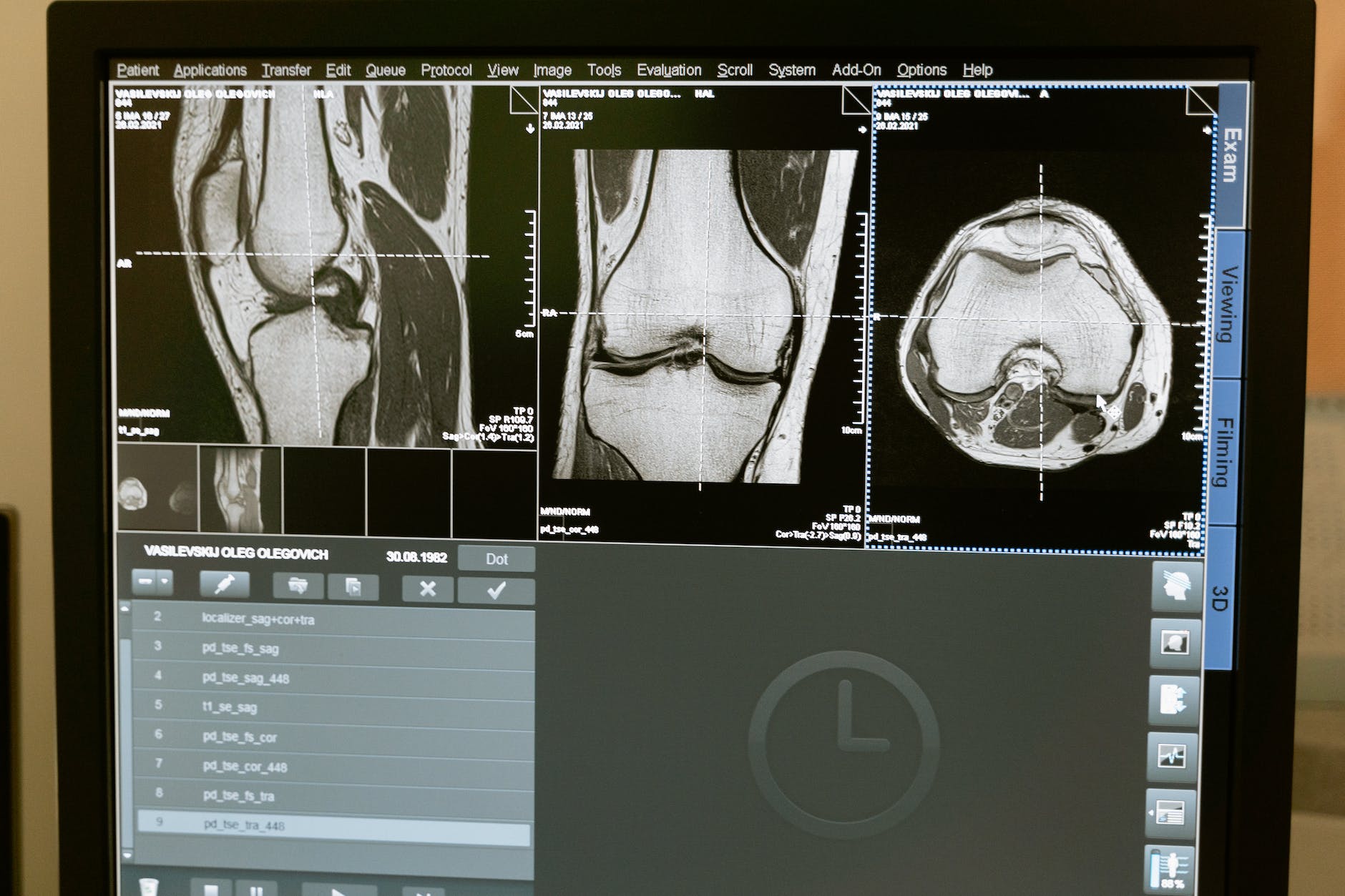Regular physical activity plays a vital role in maintaining overall health and reducing the risk of chronic diseases. Among various forms of exercise, running has gained popularity as an accessible and effective way to improve fitness levels. Not only does running provide cardiovascular benefits and aid in weight management, but it also offers significant protection against a range of chronic conditions.
In this article, we will explore how running can help reduce the risk of chronic diseases and promote long-term well-being.
1. Cardiovascular Health
Running is an excellent exercise for maintaining a healthy cardiovascular system. It strengthens the heart muscle, improves circulation, and enhances the efficiency of oxygen delivery throughout the body. Regular running helps lower blood pressure, reduce cholesterol levels, and improve blood sugar control. These factors contribute to a decreased risk of cardiovascular diseases such as heart attacks, strokes, and coronary artery disease.
2. Weight Management
Obesity is a significant risk factor for many chronic diseases, including diabetes, heart disease, and certain types of cancer. Running is a highly effective exercise for weight management and maintaining a healthy body weight. It burns a significant number of calories, boosts metabolism, and promotes the development of lean muscle mass. By incorporating running into a balanced lifestyle that includes a nutritious diet, individuals can reduce the risk of obesity-related chronic diseases.

3. Type 2 Diabetes
Regular physical activity, including running, plays a crucial role in the prevention and management of type 2 diabetes. Running helps improve insulin sensitivity, allowing cells to effectively utilize glucose for energy. This leads to better blood sugar control and a reduced risk of developing diabetes. For individuals already living with diabetes, running can contribute to better glycemic control, weight management, and overall health.
4. Mental Health
Chronic diseases not only affect physical health but also impact mental well-being. Running has been proven to have positive effects on mental health by reducing symptoms of depression, anxiety, and stress. It triggers the release of endorphins, which are the body’s natural hormones that create a sense of well-being and positivity. These endorphins elevate mood and promote a sense of well-being. Incorporating running into a regular routine can provide a powerful boost to mental health, improving overall quality of life.
5. Cancer Prevention
Regular exercise, including running, has been associated with a reduced risk of certain types of cancer. Studies have shown that physically active individuals have a lower likelihood of developing colon, breast, and lung cancers. Running helps regulate hormone levels, improve immune function, and support healthy cellular processes, all of which contribute to a decreased risk of cancer development.

6. Bone Health
Running is a weight-bearing exercise that helps build and maintain strong bones. It promotes bone density and reduces the risk of osteoporosis, a condition characterized by weak and brittle bones. Engaging in regular running from a young age and throughout adulthood can significantly contribute to optimal bone health and reduce the risk of fractures and bone-related diseases in later life.
Conclusion
Incorporating running into your regular exercise routine can have profound effects on reducing the risk of chronic diseases. Whether it’s improving cardiovascular health, managing weight, preventing diabetes, enhancing mental well-being, reducing cancer risk, or promoting bone health, running offers a multitude of benefits. By maintaining a consistent running practice and adopting a balanced lifestyle, individuals can proactively protect their long-term health and enjoy a higher quality of life.
FAQs
Can walking provide similar benefits to running when it comes to reducing the risk of chronic diseases?
While running tends to have more intense cardiovascular benefits, brisk walking can still provide significant advantages for reducing the risk of chronic diseases. The key is engaging in regular physical activity that elevates heart rate and promotes overall fitness.
Is it necessary to run long distances to experience the health benefits mentioned?
No, even shorter running sessions can provide health benefits. It’s the consistency and regularity of running that matters most. Start with a duration and intensity that is comfortable for you, and gradually increase as your fitness improves.
Are there any precautions to consider before starting a running routine, especially for individuals with existing health conditions?
If you have any pre-existing health conditions or concerns, it’s advisable to consult with a healthcare professional before starting a running routine. They can offer tailored advice and guidance to address your individual needs and unique circumstances.
Can individuals of all ages engage in running to reduce the risk of chronic diseases?
Running can be enjoyed by individuals of various ages, but it’s important to consider individual capabilities and consult with a healthcare professional, particularly for older adults or those with mobility issues. Modifications may be necessary to ensure safe and effective exercise.
How can one stay motivated to maintain a consistent running routine for long-term health benefits?
Finding a running buddy or joining a local running group can provide accountability and support. Setting realistic goals, tracking progress, and varying running routes can also help maintain motivation. Remember to listen to your body and make running an enjoyable part of your lifestyle rather than a chore.
